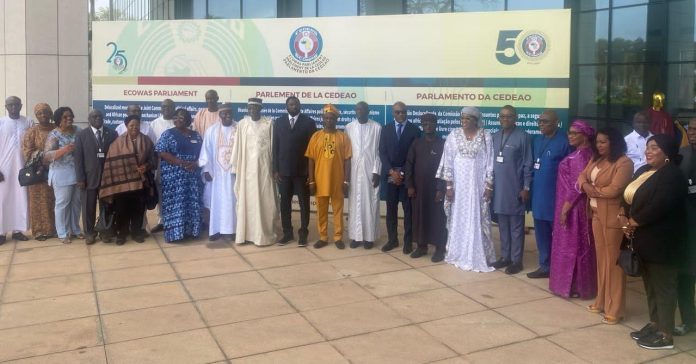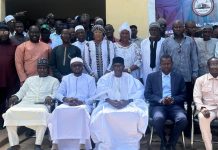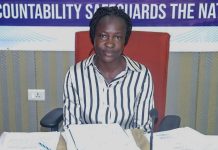By Kebba AF Touray
Against the backdrop of one of the deepest crises to confront West Africa’s regional bloc in decades, the Parliament of the Economic Community of West African States (ECOWAS) opened a critical session Monday to assess the political, economic, and humanitarian consequences of the withdrawal of Mali, Niger, and Burkina Faso.
Meeting under the theme “Considering the Political, Socio-Economic and Humanitarian Impact of the Withdrawal of Burkina Faso, Mali and Niger from ECOWAS,” lawmakers and officials gathered in Banjul to confront a moment of reckoning for regional integration.
Convened by ECOWAS’s joint committee on Rights, Political Affairs, Peace, Security, and Trade, the decentralized meeting seeks to rigorously examine the multi-dimensional impacts of the withdrawal. Participants are tasked with charting a way forward, aiming to preserve pragmatic cooperation with the breakaway states and to reinforce reforms that could stem further fragmentation.
“This meeting offers a unique opportunity for reflection and critical dialogue,” said Hon. Alhagie S. Darboe, The Gambia’s representative to the ECOWAS Parliament. He warned that the creation of the Alliance of Sahel States (AES) by Mali, Niger, and Burkina Faso presents a “significant challenge” to the bloc’s shared goals of integration, cooperation, and stability.
Hon. Veronica Kadie Cise, a lawmaker from Sierra Leone, described the withdrawals as “a profound geopolitical shift” with deep implications for political cohesion, economic progress, and humanitarian efforts across West Africa.
Majority Leader of the Gambian National Assembly, Hon. Billay G. Tunkara, who also serves as Fourth Deputy Speaker of the ECOWAS Parliament, reflected on the founding aspirations of the regional bloc in 1975. “For five decades, ECOWAS has transformed challenges into opportunities, making our region a model of resilience and cooperation,” he said. “However, today, this precious legacy is shaken.”
The withdrawal, effective since January, strips ECOWAS of nearly 20 percent of its member states. Politically, the departure undermines the bloc’s unity; from a security perspective, it complicates counterterrorism efforts in the volatile Sahel region. Tunkara noted that intelligence-sharing and joint military operations are at risk just as extremist groups continue to expand their reach.
“Humanitarian-wise, the isolation of AES could restrict access to critical areas, worsening the suffering of the most vulnerable,” Tunkara said. He also warned that unresolved territorial disputes could escalate into new cycles of violence.
Mamadou Tangara, The Gambia’s Minister of Foreign Affairs, praised the Parliament’s decision to convene in Banjul.
“We are all better off together as one family, one united West Africa with a common history, geography, and destiny,” he told the assembly. “We can overcome our disagreements and differences.”
Declaring the session open, Hon. Fabakary Tombong Jatta, Speaker of The Gambia’s National Assembly, described the withdrawal as the most severe rupture in regional unity since ECOWAS’s founding. He warned that the split would not only disrupt trade routes and transit economies but also heighten security vulnerabilities across the region.
“From a security perspective, coastal states now face increased vulnerabilities due to weakened regional cooperation mechanisms,” he said. “Institutionally, it has dented ECOWAS’s credibility and bargaining power on the continental and global stages.”
Despite the challenges, Jatta expressed optimism that the meeting would yield resolutions aimed at reinforcing parliamentary diplomacy and constructive engagement with the Sahelian states, to convince political leaders there of the adverse consequences of isolation.
Over the course of the meeting, lawmakers are expected to deliberate on the regional security architecture, the future of the ECOWAS Trade Liberalization Scheme, and the humanitarian implications for displaced populations and access to aid.
The crisis comes amid a broader resurgence of military coups in the Sahel, developments that many leaders here hoped were relegated to the past. As ECOWAS grapples with this evolving landscape, officials said they are determined to find a way to prevent further disintegration and preserve the dream of a united West Africa.




















